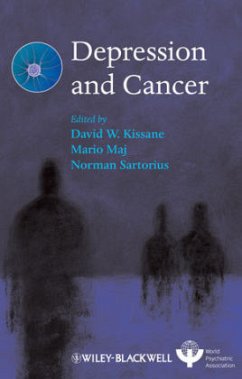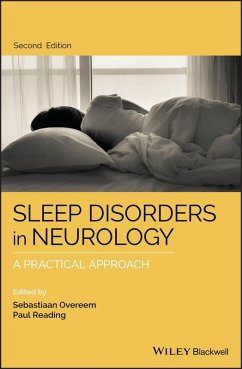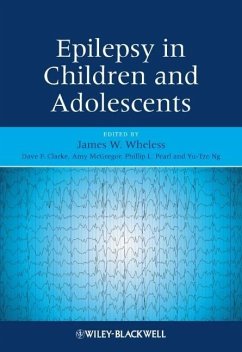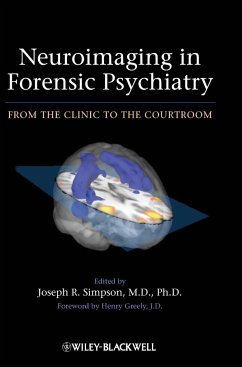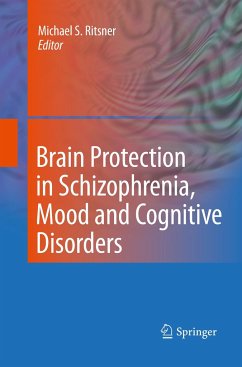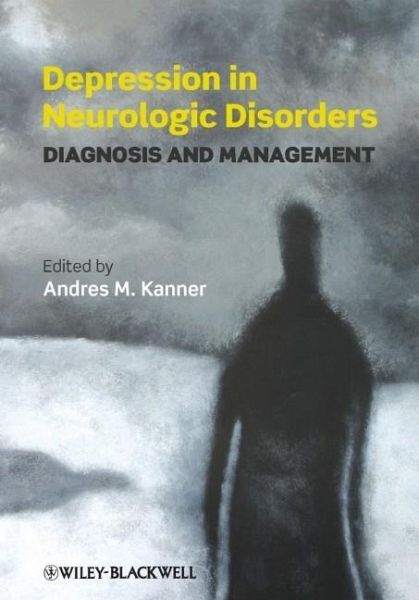
Depression in Neurologic Disorders
Diagnosis and Management
Herausgegeben von Kanner, Andres
Versandkostenfrei!
Versandfertig in über 4 Wochen
84,99 €
inkl. MwSt.
Weitere Ausgaben:

PAYBACK Punkte
42 °P sammeln!
The first part of the book begins with an overview of depression, its incidence and manifestations and neurobiological origins; how it s diagnosed; and its relevance to neurology, in particular to suicidality. The second part looks at depression in distinct conditions, in particular: migraine, stroke, epilepsy, Parkinson s Disease, Huntington s Disease, dementia, and traumatic brain injury. This useful guide takes a practical approach, with "tips and tricks" boxes, case studies, points of interest boxes, and take-home summaries.



